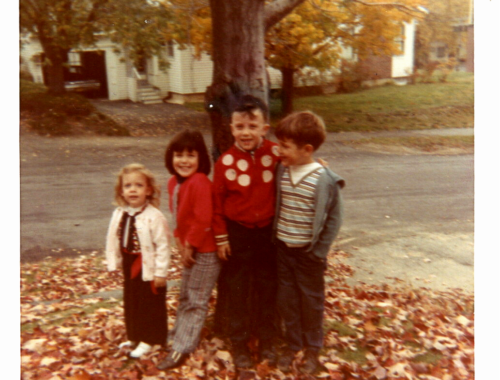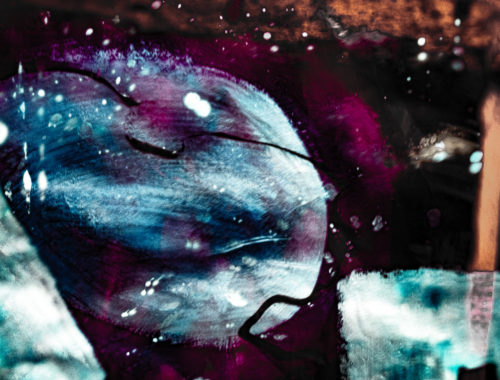
Feeling the Emotions
At least part of each of my days now includes reading old blog posts that I used to spend at least part of each day writing. So many words. So many ideas that belonged to others and that I thought I was supposed to integrate into my life, my Self. I was never successful, and thankfully, the contradictions in the ideology* that formed me eventually caused me so much pain—and more importantly, caused my children so much mental, emotional, and physical anguish (directly and indirectly)—that I had no choice but to reject it and begin rebuilding my life: a life that was stolen from me by “well-intentioned” people, who some claim should not be blamed for just doing what they thought was right. But there’s a reason we all know the aphorism, “The road to hell is paved with good intentions.”
How many people have lost their lives because of good intentions? How many others have had their lives ruined (often invisibly, because they are not allowed to speak of their pain) by such motives? Even if “they do not know what they do” (perhaps because they refuse to see it), should we just ignore the damage, pretend that it doesn’t exist? Should we forgive someone who shows no remorse for the actions and words that caused the damage—would, in fact, do the same things over again (because “principles over people”)—and are only sorry about the outcome? My family and I were asked to do exactly that. We politely declined, because we were far too well aware of the results that would follow. We had already been living with them for much too long.
Healing from narcissistic abuse is a long, complicated process, even when you are trying just about every means at your disposal, even when you are trying to take it one day at a time, celebrating the wins, crying over the losses, and always working to remember that damage amassed over a lifetime will not get fixed in a day or two.
Something silly and insignificant brought me to tears on Saturday. On Sunday (yesterday), I woke up determined to just get through Mother’s Day, letting nothing bother me. Those good intentions did little good. As one of my kids (the earliest riser) opened his mouth to wish me a Happy Mother’s Day, I stopped him, saying, as I tried to choke back tears, “I’m sorry. I don’t want to be bitchy, but Mother’s Day is very difficult for me.” Pages of journaling followed, and the day ended up being a nice, quiet one, with an afternoon movie, lots of playtime and baking with my 20-month-old grandson, the usual pizza for dinner, some yummy desserts made by Sam and Bridget, and a few gifts. Every member of my family, especially Dennis, was gracious, kind and understanding, and I am grateful.
It was a good day, because I didn’t need to be bitchy, which I was on most second Sundays in May these last 27 years. You see, on all those Mother’s Days, I was not allowed to cry or express my true feelings, to figure out what the problem actually was. Since childhood, I had only ever been allowed to express anger, because that’s the one emotion my parents ever expressed. But then I married a man who was raised in a family that feared all emotion, especially anger. So when I got upset, I couldn’t cry (I had not been allowed to as a child), and I couldn’t resort to my default, which was anger—at least, not with my husband; he wouldn’t allow it. My kids, on the other hand, were powerless to stop me, so I unloaded on them through impatience, irritability, silence, or yelling—thankfully, very few spankings, but every one of which I deeply regret, because I now understand how such violence (verbal/emotional and physical, no matter how “minor”) damages a child’s trust in the person who is supposed to love and protect them unconditionally, and it teaches them to not trust themselves. After all, if a child is just doing what his emotions lead him to do but then gets in trouble for it, his emotions must be wrong. Therefore, he soon enough learns that emotions (what his body feels) are not to be trusted, and he needs to look outside himself for the truth, which will be “instilled” by one authority figure or another. Authoritarian parents, of course, see nothing wrong with this, until their authority is traded for that of someone who seems to fill an unmet need. But obedient or not, a person taught to betray himself as a child should never be expected to betray nobody else. Joost Meerloo makes that abundantly clear in The Rape of the Mind.
This healing work is teaching me to trust myself, for the first time in my life. Although it hasn’t been easy, finally confronting the pain of the past is allowing me to fully live in the present. What a gift.
*Yes, it is an ideology, although I certainly couldn’t see it at the time, because the road I always traveled felt safer than the one I never dared looked down.




